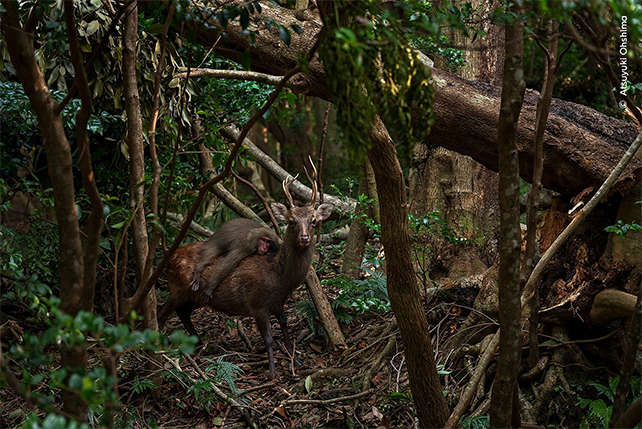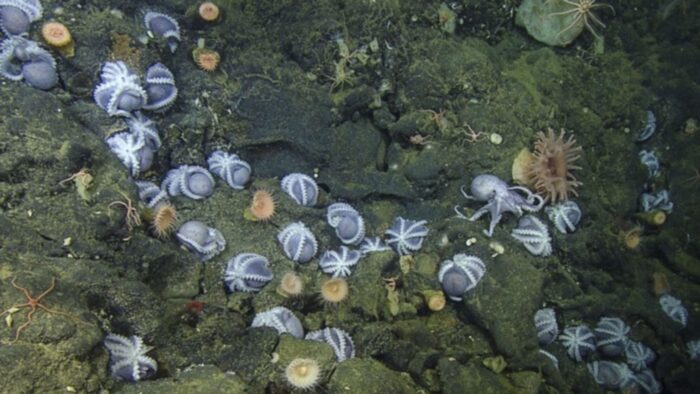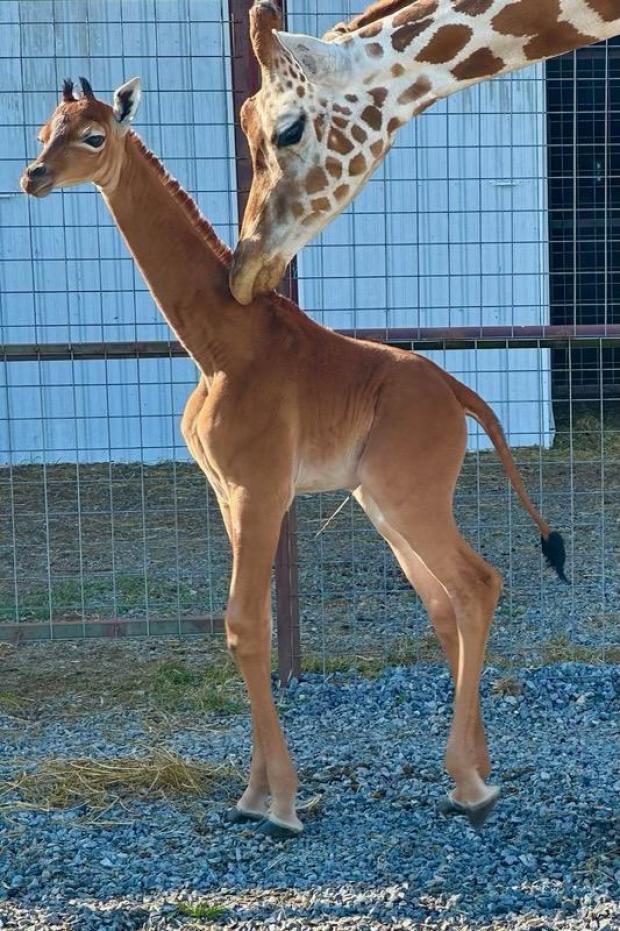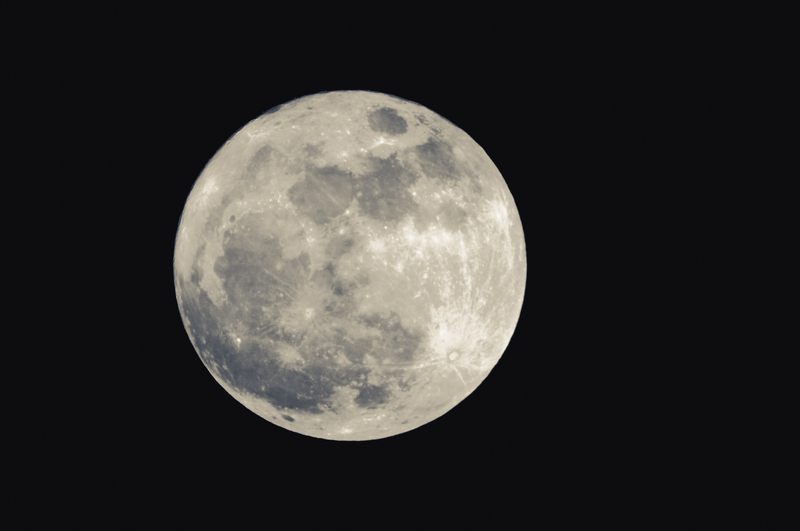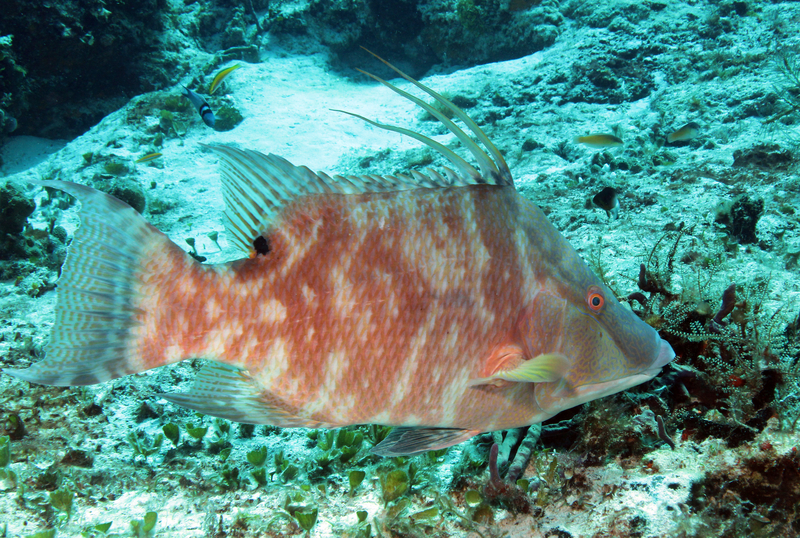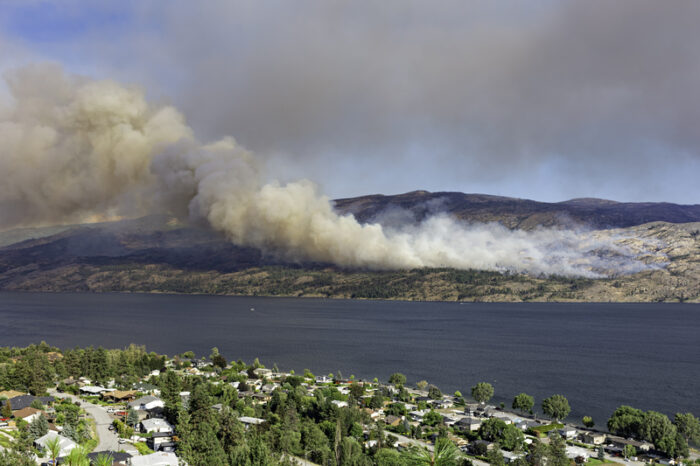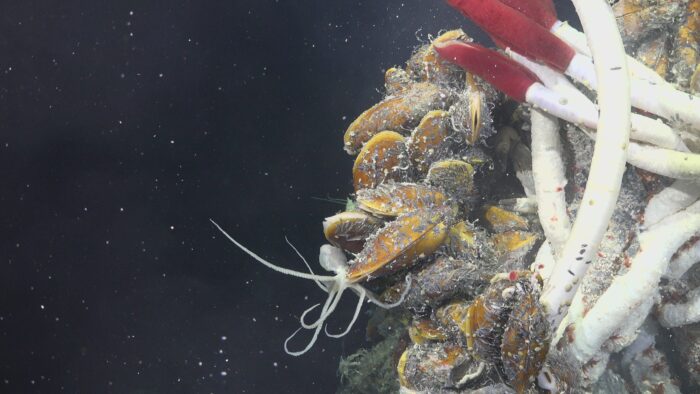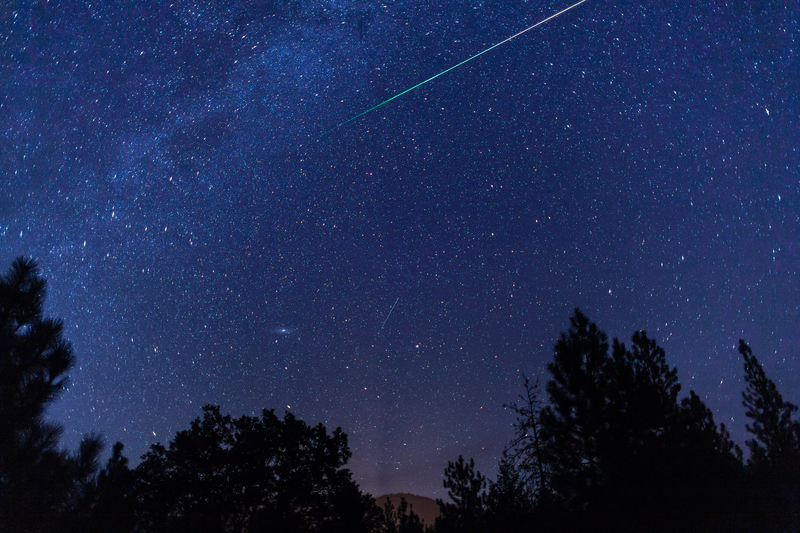A new report released on Monday by the United Nations says that one million species of animals and plants are at risk of extinction.
The main cause is human need for food and energy.
Big report, simple message
Practices such as clearcutting of rainforests continue to have a harmful effect on the planet's species. (Getty Embed)
The report — by the Intergovernmental Science-Policy Platform on Biodiversity and Ecosystem Services (IPBES) — took three years to make, draws on over 15,000 sources, and is 1,800 pages. It's a big one, for sure.
But the central message is a very simple one. The way that human beings live — from what we choose to eat and how we travel, to how we heat and power our homes — is having a dramatic impact on the planet. And it's more than just climate change, though that is a part of it.
Many important wildlife habitats — such as rainforests and wetlands — have been destroyed to raise livestock, grow specific crops, or develop land for cities. Without these habitats, countless unique species are at risk of extinction. Add on to this the fact that wetlands and rainforests are the main ways the planet changes CO2 into oxygen, and the impact of their loss grows into something that affects all of us directly.
By the numbers
Amphibians, such as this Panamanian golden frog, are the animal group with the most species at risk of extinction. (Getty Embed)
Animal and plant extinction is not exactly a new story. Activists have long warned of these problems and pushed for changes like green energy and plant-based diets.
But the IPBES report is probably the largest report of its kind, and so it paints a more complete picture. The one million species at risk include:
- 14% of birds
- 25% of mammals
- 27% of studied crustaceans
- 31% of sharks and rays
- 33% of reef corals
- 34% of conifers
- 40% of amphibians
All of these living things are feeling the pressure of human existence. According to the study, only 3% of our oceans are unaffected by human activities.
The power for change remains
Student protests — such as this one in London, UK early this year — are proving that this issue matters to young people. (Getty Embed)
Now we come to the good news. Or at least better news.
This report is not about, say, a half-god alien who is wearing a shiny glove with a bunch of rubies and stuff on it and is threatening to wipe out life by clapping his hands or something. (What's that guy's name again...?)
This is about something that humans control, which means that it is still something that humans can also fix. Some of these changes include eating a more diverse diet with more vegetables, changing how we grow food, and stopping support for fossil fuels, industrial fishing, and other practices that harm the environment.
Above all, the report speaks about the need for a change in how people relate to the natural world. As Professor Sandra Diaz, who worked on the report, puts it, "We need to change the way we think about what a good life is, we need to change the social narrative that puts an emphasis on a good life depending on a high consumption and quick disposal. We need to shift it to an idea of a fulfilling life that is more aligned with a good relationship with nature, and a good relationship with other people, with the public good."
We already see examples of how young people are fighting for that sort of change through protest. The report suggest that this sort of will of the people will be a key part of making a more sustainable planet in the future.
Contest alert
Don't miss our Science Odyssey Family Contest. Click HERE TO ENTER.
Science Odyssey is a two-week, Canada-wide celebration of all things science, technology, engineering, and math (STEM). Find activities in your area HERE.

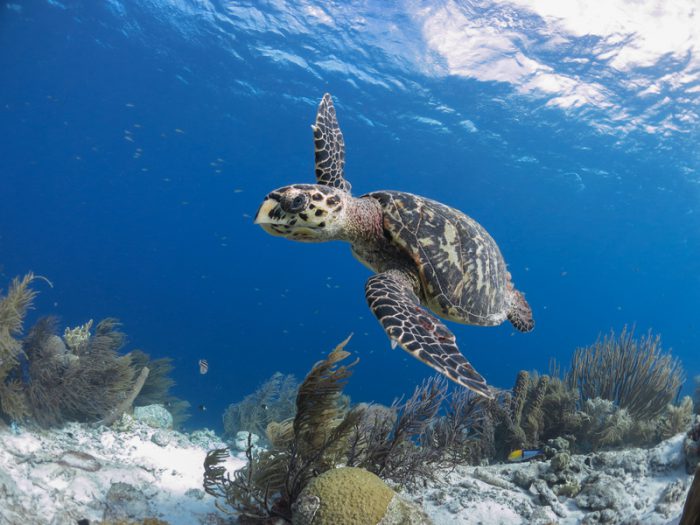 Animals such as sea turtles are some of the many at risk according to a new UN report. (© Alejandro Gutierrez - Dreamstime.com)
Animals such as sea turtles are some of the many at risk according to a new UN report. (© Alejandro Gutierrez - Dreamstime.com)
